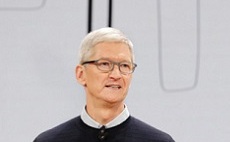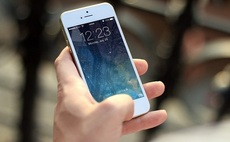Extra damages claim by Apple rejected - but Judge upholds original jury damages decision against Samsung
Apple's application for the extra damages in its US intellectual property claim against rival Samsung have been rejected by the Judge Lucy Koh. Judge Koh rejected the application on the grounds ...
To continue reading this article...
Join Computing
- Unlimited access to real-time news, analysis and opinion from the technology industry
- Receive important and breaking news in our daily newsletter
- Be the first to hear about our events and awards programmes
- Join live member only interviews with IT leaders at the ‘IT Lounge’; your chance to ask your burning tech questions and have them answered
- Access to the Computing Delta hub providing market intelligence and research
- Receive our members-only newsletter with exclusive opinion pieces from senior IT Leaders





















